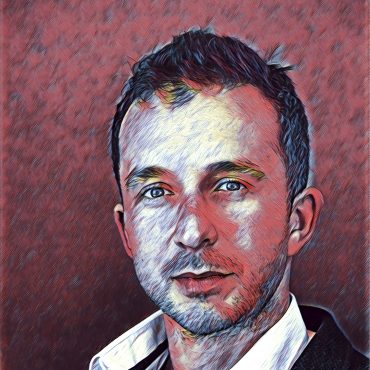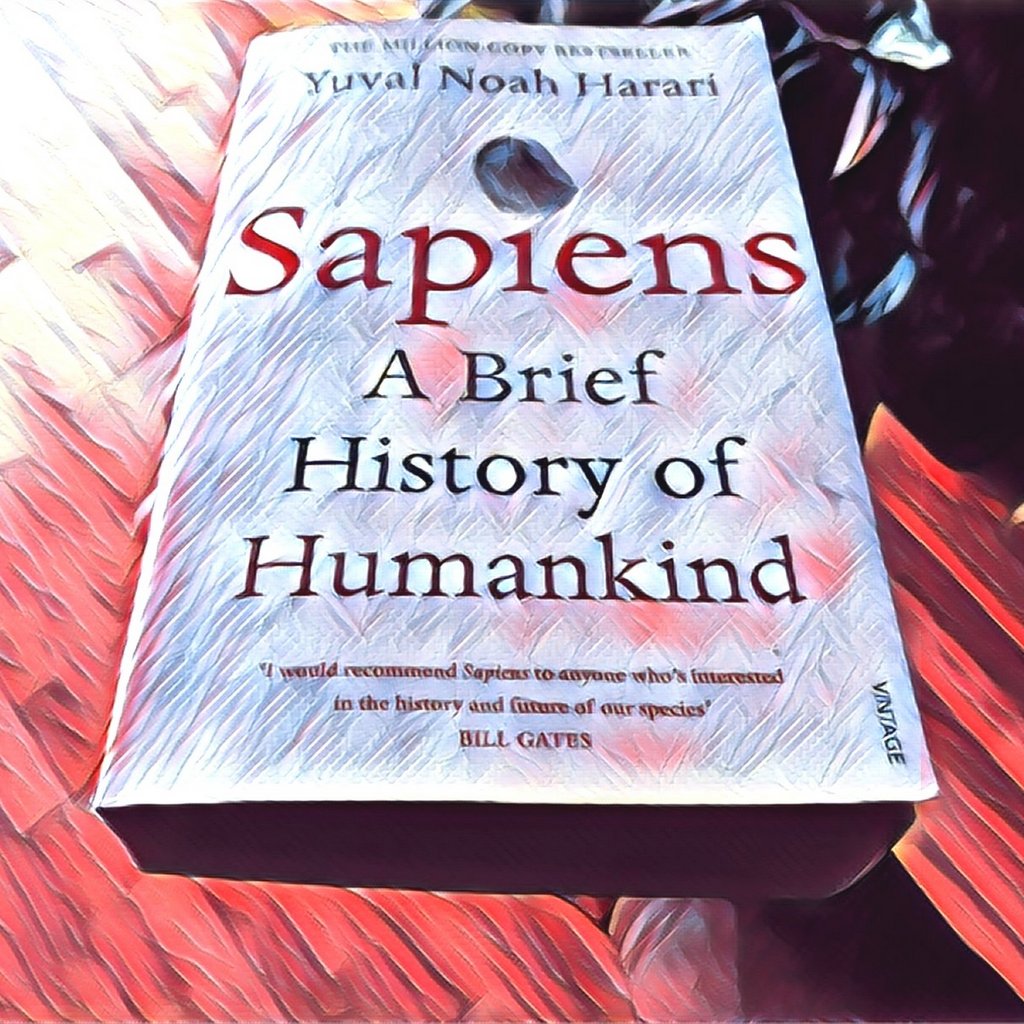
07 Matej Očenáš – “Snažím sa byť úprimnejší a viac hovoriť nie.” – Ako pracovať z Bali, Vybudovať úspešný lifestyle biznis a venovať sa veciam na ktorých záleží
Kto je Matej? Zaujímavý človek, venujúci sa rodine, športu sebarozvoju a žitiu dobrého živata. Vybudoval naväčšiu športovú cestovnú kanceláriu Futbaltour, v rámci ktorej už zorganizovali vyše 90 000 zájazodov a […]




Post comments (0)